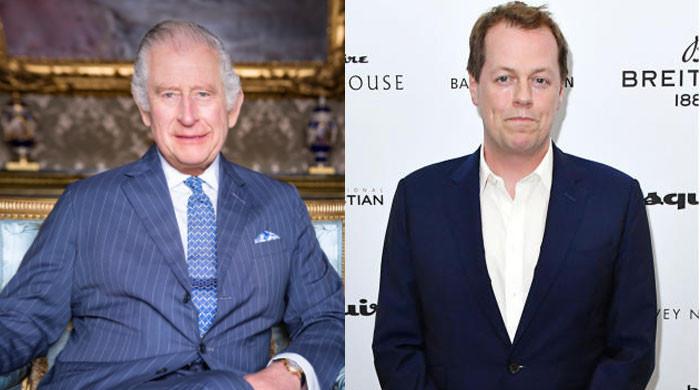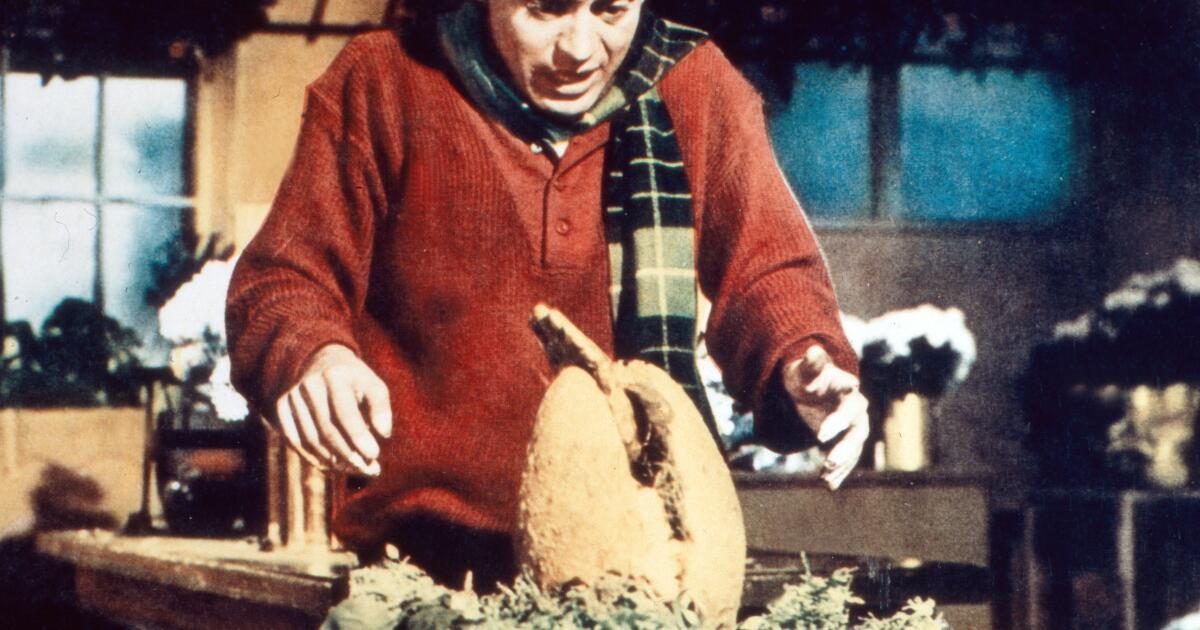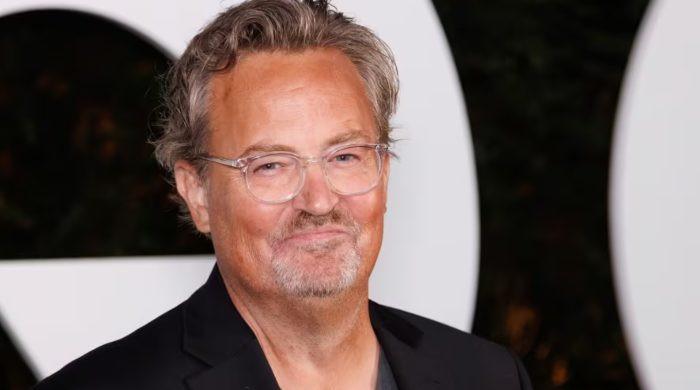More than two decades after their heyday, Yellowcard's music is a pop punk message in a bottle. The note that washed ashore from a simpler time paints the image of a young, smartly dressed, aspirational band banging their instruments (violin included) in the echoing grave of an underground parking lot in the music video for “Ocean Avenue” as the chorus picks up speed.
“If I could find you now, things would get better, we could leave this town and run forever, let your waves crash over me and carry me away,” frontman Ryan Key sang ecstatically at the top of his lungs.
That hit song, the title track of 2003's “Ocean Avenue,” created a wave of success that changed the course of their career from struggling artists to world tour headliners and MTV's Total Request Live favorites.
“The first time it happened, we were very young,” Key said, gingerly gripping a spoon in his heavily tattooed hand as he stirred a cup of hot tea. “We were literally a garage band one minute, and then we were playing the MTV Video Music Awards and David Letterman and whatever else the next minute.”
It is a moment that does not escape his memory 22 years later. Now, he and his bandmates — violinist Sean Mackin, bassist Josh Portman and guitarist Ryan Mendez — are far from the ocean but not too far from the water as they look out over a sparkling pool from the window of a suite at the Yaamava' Resort and Casino in Highland. In a couple of hours, the band will play a splashy pool party for 98.7 ALT FM. The set will include a host of all the old hits, including “Ocean Avenue,” of course, as well as their first new songs in almost a decade.
Prior to the release of the new album's first singles, “Better Days,” it might have been easy to dismiss their eleventh album as another release destined to be overshadowed by their early catalog. However, with the right amount of internal inspiration and outside help from Blink 182 drummer Travis Barker, who produced and played all the drums on the album, the result was a batch of new songs that weren't simply washed out to sea. In fact, quite the opposite.
Prior to the album's release, the title track “Better Days” reached No. 1 on the Billboard Alternative Airplay chart. This achievement came after a 22-year wait since his first chart appearance with the single “Way Away” from “Ocean Avenue.” Key also notes that it's the first time fans have used the band's new music for their TikTok videos instead of “Ocean Avenue.”
“That's crazy,” Key said. “Everyone is using 'Better Days'. I don't think we're alone in that. I think for bands in our scene, new music is getting a lot of love and a lot of attention again, and it's amazing to see.”
It's been about three years since the band resurfaced to play a reunion show at RiotFest in Chicago, following their 2017 farewell show at the House of Blues in Anaheim. By the time they were ready to call it quits, the band was struggling to sell enough tickets to their shows to keep the dream alive. For Mackin, fatherhood forced him to also consider his family's financial stability, prompting him to enter the corporate workforce as a sales representative and eventually become Toyota's service director. At one point, he was responsible for managing 120 employees. “I just thought that's what I was going to do to take care of my family for the next 20 years,” Mackin said.
After Yellowcard's hiatus, Key continued to play music in several projects that distanced themselves from the pop punk sound, including recording solo work under his full name William Ryan Key and touring with bassist Portman at his side. Key also produced an electronica-heavy post-rock project called Jedha with Mendez, and the pair also does a lot of music work for television and film. For a long time, Key and his bandmates mourned the loss of what they had with Yellowcard. It was the most important thing in Key's life, although he said he didn't realize how much the band really shaped him until it was over.

During their hiatus, the band members took day jobs. One member led 120 Toyota employees before the 2022 Riot Fest meeting rekindled their passion.
(Joe Brady)
“Ungrateful is not the word I should use to describe how I felt back then. It's more like I didn't have the tools to appreciate it, feel gratitude and really let things happen and stay in the moment and stay focused. Because I was so young, I was very insecure about my place, my role in all of this,” Key said.
But after some time away, Riot Fest 2022's raucous reunion show reignited the band's fire in a way they didn't expect. They followed up with a 2023 EP, “Childhood Eyes,” which propelled the band to go further with a new full-length album. Along with these plans came the surprising news that Barker would be coming on board to produce and play drums for them on the project. For a band that grew up idolizing Blink 182 and Barker specifically as the band's red-hot engine behind the kit that spent the last 20 years evolving into a music mogul, it was a surreal experience.
“We look at him like a general. It was never lost on us that the best drummer of our generation is playing drums with us,” Mackin said. “We know him now as Travis, but man, this guy oozes talent – he's doing all these amazing things and he doesn't seem overwhelmed by it, or distracted in the slightest. While we were recording, he was right there with us.”
Key says he initially felt intimidated singing in front of Barker in the studio and had a few moments where negative and self-conscious thoughts took over in the vocal booth during recording. Instead of getting angry, he says Barker helped ease his anxiety with a few simple words.
“Travis came into the cabin, closed the door, put his hand on my shoulder and said, 'You'll do this as many times as you have to. I'll be here the whole time.'” Barker really spoke from experience. He told Key at the time that he had just recorded 87 rough takes of his parts on “Lonely Road,” his hit song with Jelly Roll and MGK. “That was a real crossroads for me,” Key said.
The aspect of the album that is most similar to “Ocean Avenue” was that Barker never allowed them to think too much about anything when it came to writing songs, a skill the band had unknowingly mastered as kids in the “Ocean Avenue” days writing songs on the fly in the studio with little time to worry about how a song might end before recording it.

“There's something about the way we made this record with Travis, where we went in and did it in a way we hadn't done it in over 20 years with him saying 'We're going to write and record a song today,'” Key said. “It was a return to that style of songwriting where you have to get out of your comfort zone and just throw yourself in and keep going.”
The final product moves quickly across 10 songs, the tracklist beginning with a burst of energy from the bombastic opening drums of “Better Days” driving a song about an internal reflection on the past. It continues with the high-energy angst of “Love Letters,” featuring Matt Skiba of Alkaline Trio. Avril Lavigne lends her soaring vocals to the unrequited love song “You Broke Me Too.” Songs like “City of Angels” and “Bedroom Posters” feature episodes in Key's life in which his band's hiatus negatively affected his outlook on life, but also his search for a way to rediscover himself. The album concludes with the acoustic lullaby “Big Blue Eyes,” which Keys wrote as a tribute to her son.
Although the songs on “Better Days” frequently struggle with doubt and uncertainty, the response from fans has been surprisingly supportive, Key said.
“I don't remember seeing this level of overwhelming positive response. People are just going crazy over these songs,” the frontman said. “The recording was a whirlwind. When I listen to it, I still think, 'When did I write that song?' It happened very quickly and we made the record very quickly, but I'm glad we did it.” Despite the success, Key is hesitant to label the band's comeback as kids, “probably because we officially passed the kids label,” he said.
“Maybe it's the return of the knights?” Mackin joked.

Blink-182 drummer Travis Barker produced the album, helping the band recapture the spontaneous energy that defined their 2003 breakthrough, “Ocean Avenue.”
(Joe Brady)
Whatever they call themselves, returning to the band after so many years of different experiences has made Yellowcard's second chance at a career feel even more rewarding.
“Because you feel like you know you're capable of doing more than just being in this band, able to connect with your family in a way that you couldn't when you were on tour all the time,” Mackin said. “There are things that happened during that pause that set us up for success as human beings, not just as creative people.”
For Key, it's about taking all the lessons they've learned as a band and applying them to their future, realizing that the album's title refers not only to the past behind them, but to what lies ahead.
“This record had to be the ultimate revival, the ultimate redemption song for our band,” Key said. “And so far this has been proven to be the case.”












